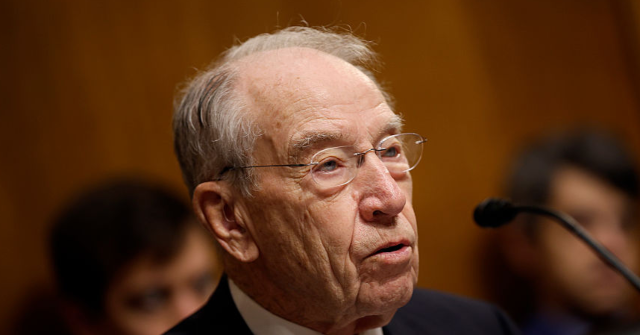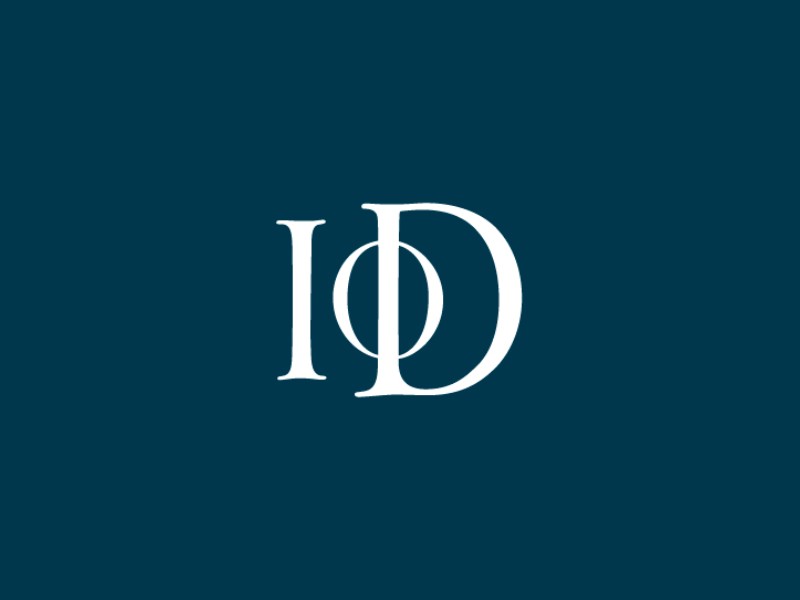By Samuel Adeleke Adelaja
Copyright businessday

Nigerian economic discourse is often centred around familiar metrics – inflation, foreign exchange policy and GDP growth. Each of these, to varying extents, falls under the purview of the Central Bank and Ministry of Finance, though coordination has historically been uneven – e.g., CBN’s aggressive interest rate hikes/monetary tightening are typically at odds with the Finance Ministry’s expansionary fiscal policies (high government spending/subsidies).
Such inconsistencies have led to mounting pressure and fewer relief alternatives over time, ultimately leading to a welcome alignment shift within the current administration – with policy frameworks homogenised toward addressing each of the above-mentioned key indicators holistically (e.g., recent FX liberalisation alongside subsidy reforms). This, in turn, creates positive signals both domestically and internationally, boosting confidence.
Confidence is not an abstract sentiment. It is the mechanism that encourages capital to stay rather than flee. It convinces families to save and spend, and it allows reforms to compound into something lasting. Without it, even well-designed policies struggle. With it, progress can sustain itself.
Economists sometimes call this the “trust premium”: the willingness of households and investors to extend credit, make long-term plans, and tolerate volatility when they believe the future is credible. This doesn’t happen in a vacuum – rather, it requires consistent steps and clear communication.
Nigeria’s entrepreneurial vigour is well established but often stalls on unstable terrain. Sudden policy reversals and opaque communication create hesitation. The result is caution: entrepreneurs delay expansion, investors price in heavier risk premiums, and households hedge their bets.
Other markets offer perspective. Ghana’s 2022 debt restructuring showed how consistent engagement could slowly rebuild credibility. Egypt, after repeated currency shocks, restored investor trust by committing to structural reforms and sticking with them. These cases remind us: confidence is not about eliminating risk; it is about managing expectations.
The three levers of confidence
1. Consistency in reforms
Markets care less about how quickly reforms arrive and more about whether they endure. Abrupt reversals on FX, taxes, or import rules erode trust. Predictability is the true prize.
In Nigeria, the foreign exchange policy has long suffered from inconsistency. But there are signs of progress – the Central Bank, Ministry of Finance, and Presidency now appear more aligned than at any point in recent memory. Together, they have taken steps to unify FX, clarify reform goals, and restore some predictability. Sovereign credit ratings, risk indices, and transparency measures hint at early improvements.
History offers proof. The Pension Reform Act of 2004 created a stable framework that channelled domestic savings into a multi-trillion-naira industry. Mid-2000s FX stabilisation also demonstrated how reform consistency compounds into confidence.
“Investors are less concerned with the speed of reform than with its staying power.”
2. Institutional credibility
Confidence is not only about leaders but also about the structures that outlast them. Investors look for environments where rules are enforced consistently, contracts are honourable, and arbitration is impartial.
Nigeria’s record here has been mixed. Some regulators overreach, while enforcement often shifts with the political winds. Yet there are bright spots: the SEC has, at times, acted decisively to restore market integrity. The Lagos State Judiciary’s digital case management system, though less publicised, has reduced opacity and streamlined justice.
Strong institutions reduce business risk. They allow confidence to survive political cycles.
3. Clear communication
Markets don’t just react to what governments do but to how they explain it. Silence breeds speculation. Ambiguity magnifies volatility. Clarity, by contrast, builds patience.
Nigeria has often faltered here. Previous efforts at the removal of fuel subsidies were economically necessary but poorly communicated, leaving citizens and investors uncertain. Similarly, FX unification announcements sometimes lacked detail, opening space for rumour.
Contrast this with Ghana’s IMF negotiations, where transparency helped soften investor panic. Good communication does not require spin. It requires clarity, even when the news is difficult.
“Citizens and investors can handle bad news. What they cannot handle is uncertainty.”
The cost of low confidence
The costs of low confidence are everywhere. Capital flees to safer markets. Citizens disengage from formal systems. Even well-designed policies fail because no one believes they will last.
The naira’s volatility in recent years has not been explained by fundamentals alone. Market sentiment has often driven parallel rates materially wider, driven – in large part – by uncertainty. Inflation, too, was amplified by expectations of instability.
Nigeria’s tech ecosystem offers another example. Despite strong fundamentals, funding momentum slowed as governance uncertainty created hesitation among global investors.
In environments of low confidence, even good news is discounted. In high-confidence environments, bad news is absorbed more calmly.
Rebuilding confidence
The encouraging truth is that confidence does not require perfection. It requires credibility, coherence, and time.
Rwanda, Kenya, and South Korea all rebuilt trust after crises through consistent reforms and transparent communication. Nigeria does not lack policy ideas; it has often lacked follow-through and framing.
The challenge now is to demonstrate that reforms are not temporary firefighting but part of a long-term direction. Once citizens and investors believe that, confidence will begin to compound.
Confidence may be intangible, but its effects are deeply tangible – more investment, more jobs, stronger institutions, and greater belief in the future.
If Nigeria wants sustainable growth, it must look beyond inflation management or FX policy. Those matters, but the bigger challenge is restoring the invisible thread that holds any economy together: trust.
Nigeria doesn’t need to reinvent the wheel. It needs to communicate its path clearly, stick with it consistently, and let confidence, the most valuable currency of all, do the rest.
Samuel Adeleke Adelaja: Head, Partnerships at Airtel Business Africa; Investment Director at Airtel Africa.



